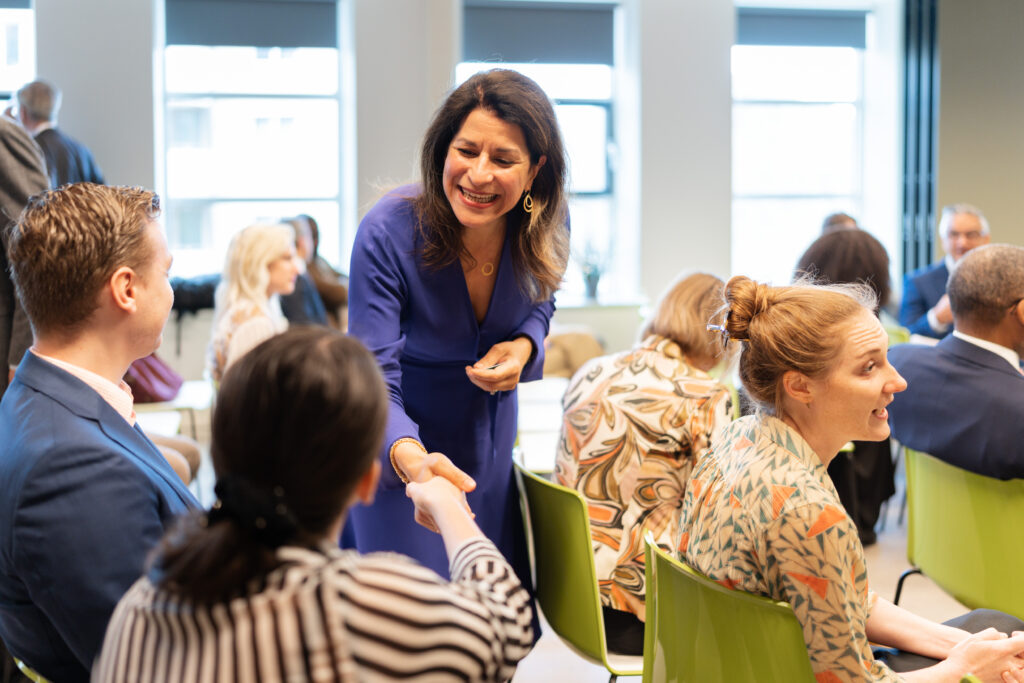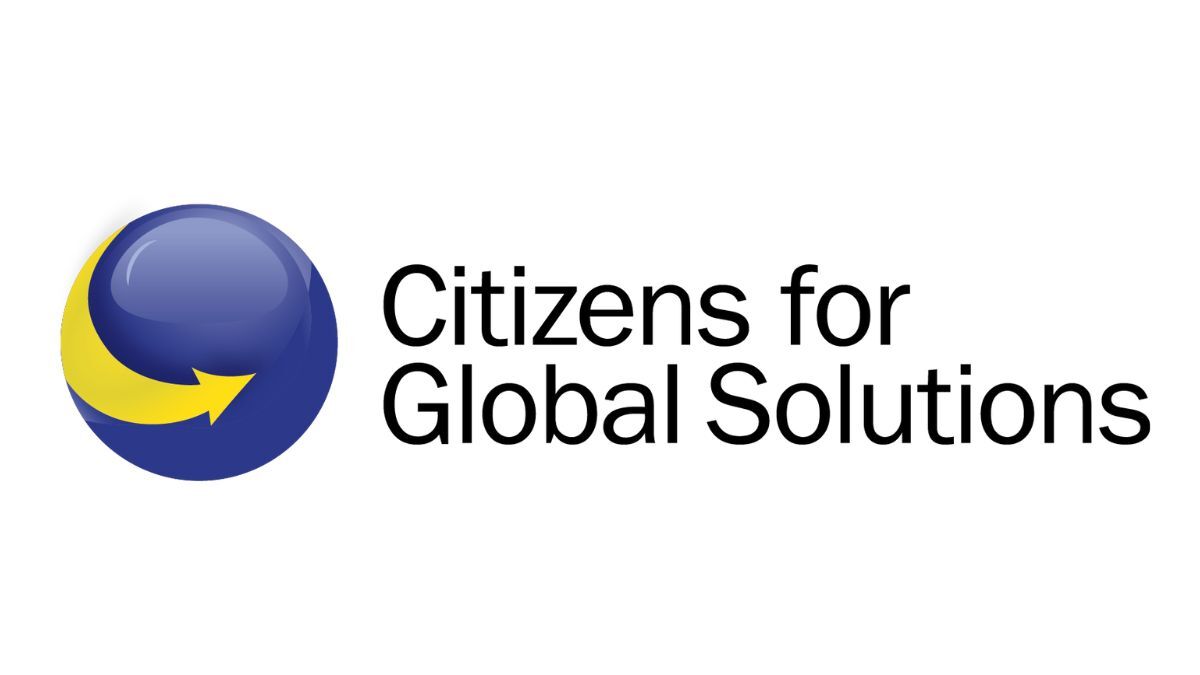This week, Integrity Initiatives International (III) and III Europe take the next step in their work towards the establishment of the International Anti-Corruption Court (IACC). The organisations behind the IACC project launch a Coalition for the IACC to unite the hundreds of civil society organisations (CSOs) and others supporting the IACC idea. This allows supportive organisations to collaborate closely, share knowledge, coordinate communications and discuss complex issues. The establishment of the IACC is supported by a diverse group of CSOs and activists from more than 100 countries.
The cost of corruption on global development
Grand corruption – the abuse of public power for private gain – is seen as a major threat to democracy, economic stability, and the development of the rule of law. It hinders efforts to combat climate change, affects those dependent on public services disproportionally, and prevents the accomplishment of the UN SDGs.
The damage caused by large-scale corruption is no longer abstract. The Panama Papers and LuandaLeaks exposed how political elites, business figures, and organised networks hide vast sums of stolen wealth in offshore accounts. These investigations revealed the true scale of the problem: every year, an estimated three trillion dollars vanish through corrupt practices, according to UN Secretary-General Guterres — money that could have been invested in hospitals, schools, or infrastructure. Such scandals demonstrate how corruption in one country can ripple across continents. Even if the Court recovers only a fraction of these funds, returning them to rightful owners would mark a significant victory.
A court designed to bypass corrupt regimes
Whereas other international tribunals require the state where an atrocity crime occurred to cooperate with investigations – leading to enforcement challenges – the IACC will not require the cooperation of states run by kleptocrats in order to conduct effective investigations.
Rather than relying on the goodwill of corrupt regimes, it targets the global financial networks that sustain them. By tracing the flow of illicit funds through compliant jurisdictions, the Court can act where domestic justice systems have failed.
III Europe has worked with legal experts to draft and refine a treaty that should eventually be negotiated and signed by states to establish the IACC. Such a treaty should incorporate the lessons learned from the experience of other tribunals, such as the International Criminal Court (ICC).
A leading voice in global justice
Justice Richard Goldstone chairs the expert group leading these efforts. Richard Goldstone is a retired South African judge who gained international recognition for his work on human rights and accountability. He served as the chair of the Goldstone Commission investigating political violence in South Africa and was the first chief prosecutor for the UN International Criminal Tribunals for the former Yugoslavia and Rwanda. He has also served on the South African Constitutional Court and chaired other international fact-finding missions like the 2020 Independent Expert Review of the International Criminal Court, which assessed the achievements and challenges faced by the ICC.
Building a court grounded in justice and integrity
It is fitting that the initiative is rooted in The Hague, home to many courts and organisations dedicated to peace and justice. Although the location of the future court is not decided yet, an International Anti-Corruption Court would strengthen the city’s role as the world’s centre of the rule of law.
“Our goal is to restore trust,” says Zonneveld. “Trust in governments, trust in institutions, trust in justice. Without it, there can be no lasting peace or fair economy. The Coalition for the IACC will intensify through stronger communication that will enable us to convince interested governments why they should join the IACC if they want to fight corruption effectively. Such states will also be invited to provide feedback to refine and strengthen the draft IACC Treaty. Later in 2026, we will share the treaty publicly to also receive feedback from CSOs around the world.”
The event is global and takes place online. Please contact the organisation if you have any questions or ideas for positive contribution in the realisation of this court.
Read more

Let’s end impunity for grand corruption
Let’s end impunity for grand corruption StrongAnti-Corruption Laws We work towards the adoption of a multilateral anti-corruption Treaty and the establishment of an international court that offers effective prosecution of corrupt leaders and co-conspirators. Effective Law Enforcement We seek to ensure that the prosecutors of the International Anti-Corruption Court (IACC) regularly investigate and prosecute cases… Read More »Home ...


The Progressing Proposal for an International Anti-corruption Court
The article proposes the establishment of an International Anti-Corruption Court (IACC) to fill this enforcement gap. The IACC would prosecute kleptocrats and their collaborators, recover stolen assets, and deter future corruption. It highlights the detrimental effects of grand corruption on the world's most vulnerable populations, linking it to poverty, forced migration, and environmental degradation.

Why do we need an Anti-Corruption Court now
Maja Groff Slagjana Taseva Wim Jansen . What would an Anti-Corruption Court look like and why now is the perfect moment to make it happen. Why do we need… ...